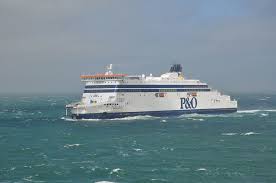There has been uproar around the world at the decision of the Botswana government to sell the rights to hunt 60 of their elephants.
Conservationists have the cried this as a threat to the elephant population. The cost of hunting each one will be over £30,000 which means that the total money earned from this will almost come to 2 million.
Now let’s put this Hunt in perspective. Botswana hosts 30% of Africa’s remaining elephants. The current elephant population of Africa standards around 415000, And while this is down from 1.3 million in 1979, It is very expensive to conserve the remaining elephants, And therefore necessary that the country to host them find ways to raise the money.
When are too many elephants in an area Generally the biodiversity drops as they knocked the majority of the trees down and therefore, reduce the amount of habitat that is not suitable to them.
Those against elephant hunting do have some scientific arguments on their side. One of the most obvious is the fact that because Hunters like to have elephants with large tusks, this is not an advantage. In areas where hunting occurs we are changing the genetic population, because while in the past having large tusks meant you would have more babies and live longer it now means you are hunted earlier and therefore you don’t survive to have young of your own.
However, While I would never go hunting elephants myself, and do not feel that I am impressed by people who do hunt elephants, there are areas of the world where hunting could be argued is a necessary evil. This is for various reasons, from not enough people wanting to see the wildlife, to their being too many elephants for the area to support (this causes high mortality in young and a change in the vegetation which in turn can impact other species}




